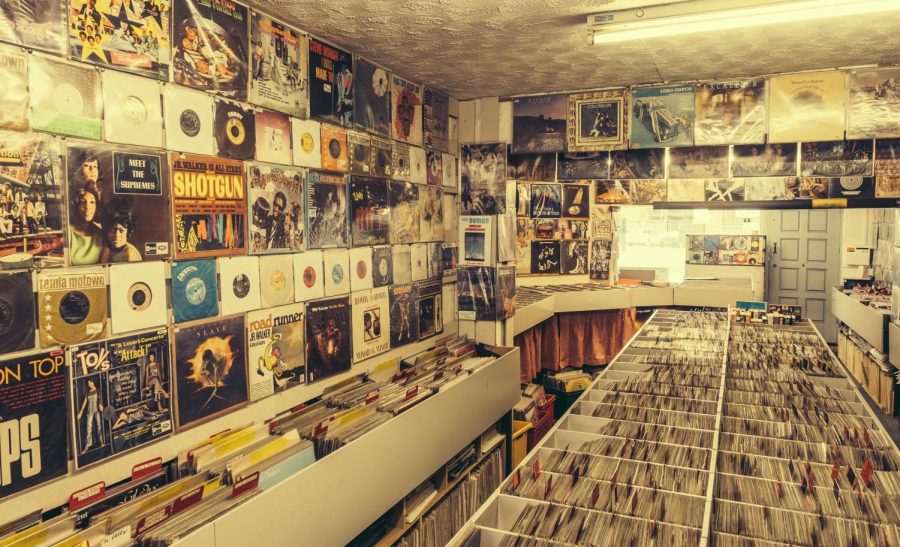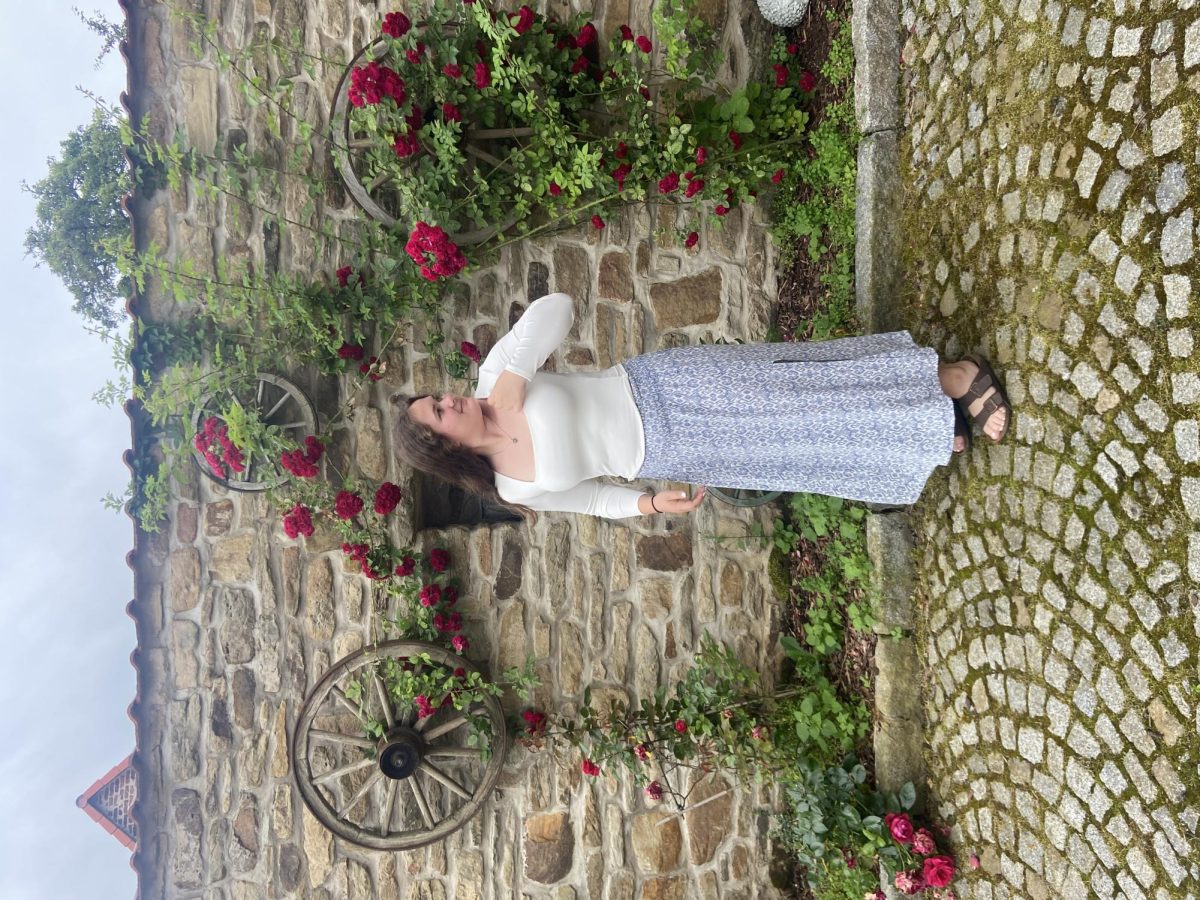Modern Music Retail Compared to Old Record Stores
April 21, 2022
Since the first music store opened in 1759, music stores have been the pastime fueling the passion people hold for music. Music is a popular form of artistic expression. Many people have music and continue to pursue it in order to adapt or simply cope with the many trials and tribulations life sends people every day. This is why music stores were introduced to the public, allowing people to dive deeper into the outlet that is music.
As time goes by, everything including music stores have been changing. Some people have found that the authenticity in current music store settings have become lost. The overall message music has to offer has slowly been crowded with money making products separate from the original intention of a music establishment. The internet has played a major factor in change in the music industry. Why go to a music store when you can simply use a streaming service for free? This question has multiple answers and perspectives depending on the importance music holds for each individual’s life. Lia Peralta of Save the Music Foundation states, “Music is an essential aspect of all human civilizations and has the power to emotionally, morally, and culturally affect society.” It may be easier to merely order something with a click of a button, but one must consider the impact music has on society.
New music retailers are usually chains all selling the same products that are most popular. When walking into a store, for example FYE or Newbury Comics, the majority of the shelves consist of trinkets and overly advertised, overpriced products dissimilar to music altogether. As the generations go by, economics continues to take away and distract people from the true meaning of music. My mother saw this instance first hand being the manager of Strawberries Music Store in the late 90s. “It was really a lovely culture. Regulars would come in and hang out and chit chat about music for hours at a time every week,” she stated in regards to earlier record stores. This is an example of how they were unique in that they were personable. Someone could go into a record store and ask for a good album based on their taste and get an honest opinion. Large corporations push albums that are required by headquarters. Smaller stores were able to make honest opinions and honest sales rather than marketing whatever corporate told them to do. This in turn created a customer base. Regulars who came back would often pay extra knowing they were getting honest customer service and feedback adding more to the experience entirely.
Jeff Mao, Chairman of Red Bull Radio’s Counter of Intelligence said, “While our tastes and interests may vary, within the walls of a record store we’re mutually bonded by our compulsion to hold music in our hands.” Music is not negotiable to everybody. To some it is essential. This is why it is crucial to commend old music and remember its history through researching, or if possible, visiting an authentic record store. When comparing recent music stores to old, the classic old record store left a community of people a safe space to buy concert tickets, connect, communicate, and experiment through the art of music.

